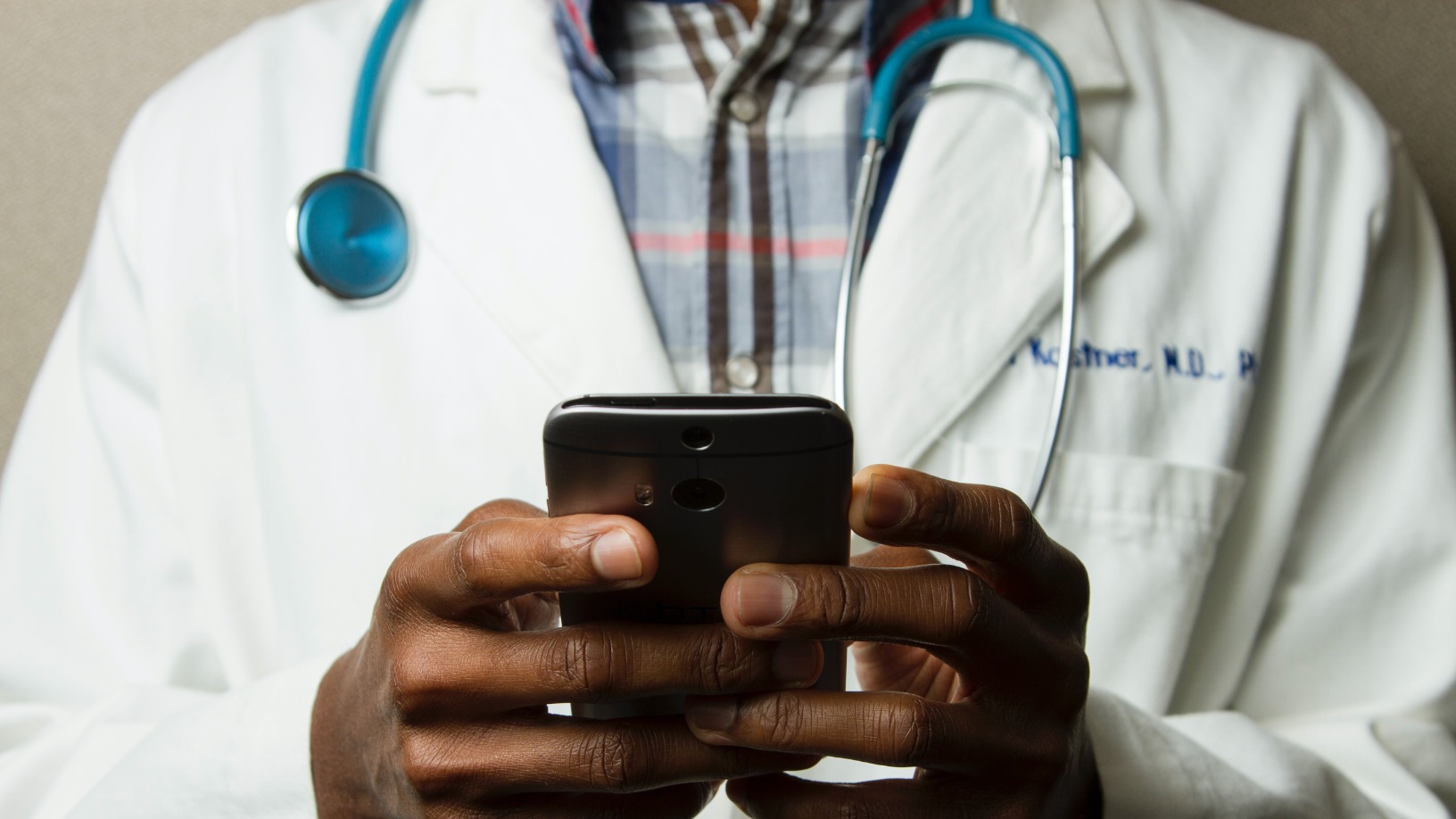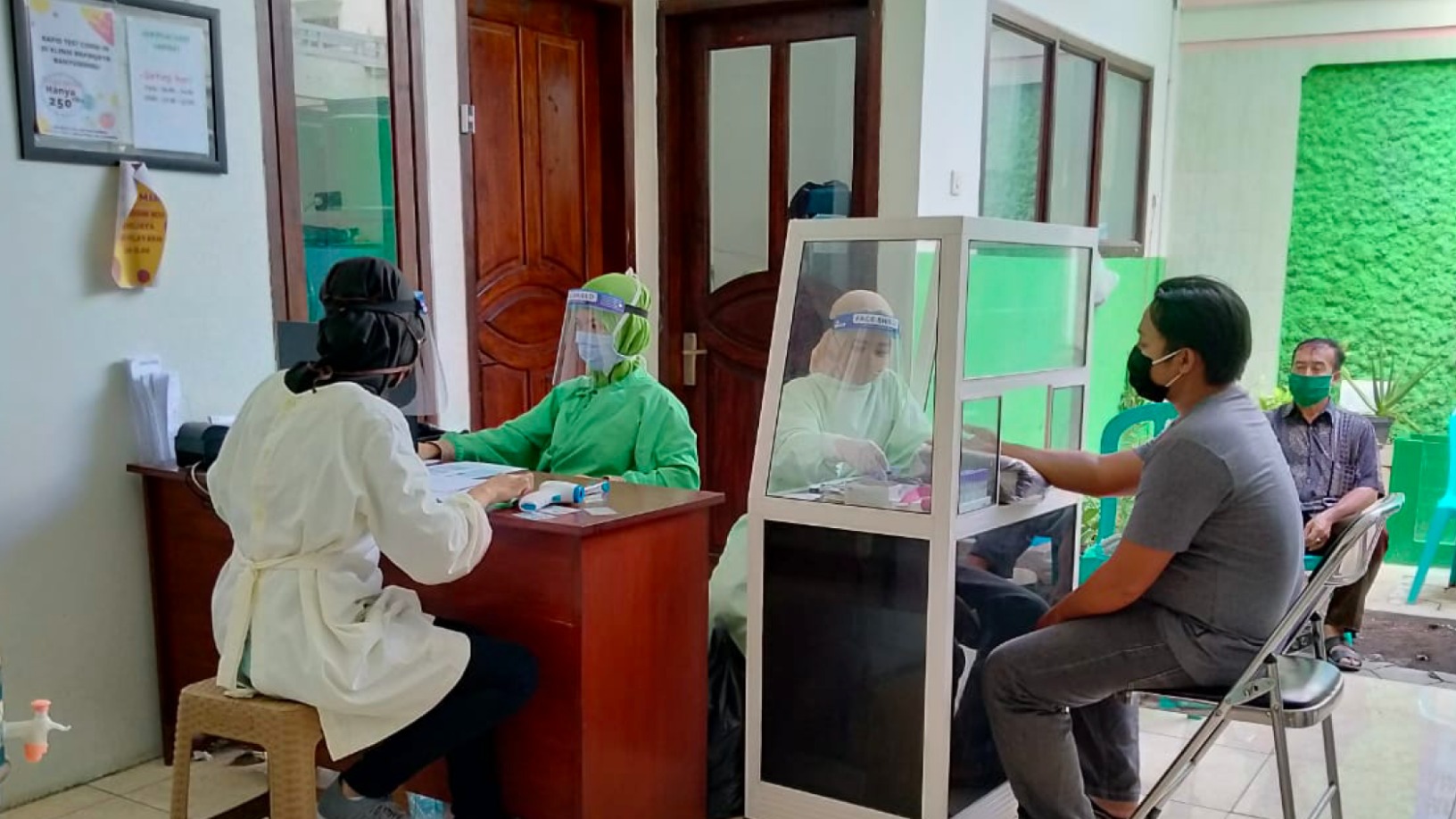Several startups are helping Indonesia’s hospitals digitalize, transferring their manual processes to the Cloud and increasing efficiency. Few have succeeded in securing a stable of paying clients, but ZiCare is one that has.
Founded in 2017 by former hospital IT consultant Jessy Abdurrahman and systems developer Sanjaya Mayluddin, ZiCare has won the endorsement of Indonesia’s Ministry of Health and its system has been deployed for free to more than 80 hospitals as part of the nation’s Covid-19 response.
The startup, which currently has 10 paying clients, hopes to work with 50 more hospital clients and 100 clinics in 2021, as more operators understand the importance of digitalized healthcare management systems.
Rounding off the founding team is ex-investment banker Jodi Pujiyono, who joined ZiCare in 2018, also as the startup’s angel investor. In an interview with CompassList, Pujiyono said ZiCare is raising $1.5m at a $5m pre-money valuation with the aim of closing the round early 2021 to support its expansion plans. The startup bootstrapped during its first year before raising a $600,000 seed round in 2019 from local VC LiMa Ventura, Abdurrahman, who was also at the interview, and Pujiyono said.
Supports insurance claims
ZiCare designed its digital hospital management system with a three-pronged approach. The first involves hospital administration processes such as registering patients, dispensing medicine and managing inventory and assets. ZiCare puts these into a cloud platform, reducing the need for manual, paper-based records.
The second aspect of the startup’s product involves electronic medical records (EMR). Using ZiCare systems, doctors no longer have to record data on paper and store them in physical archives, allowing for faster retrieval of crucial information for patient care. Importantly, having the records stored digitally permits easier transfer of data to the patients – who have the right to their own medical records – and to other hospitals and healthcare facilities treating the patients.
The third aspect, enabled by the first two, improves the insurance claims process. Often, the claims process is delayed or even blocked due to delays and errors in sending patient data to the insurers. This is especially important for claims involving BPJS (Indonesia’s universal healthcare insurance program), which has been a major driver of the healthcare market in recent years.
“We saw how chaotic the claims process for BPJS has been, even though 70% of healthcare facilities are used by BPJS clients,” Pujiyono said. With a digitized system, the patient and hospital can send in accurate claims documents immediately after the patient checks out, avoiding delays and lengthy correction procedures.
In addition to the hospital’s internal systems, ZiCare is developing a patient-side app that would allow patients to interact with the hospital throughout their treatment journey. Basic functions include obtaining queue numbers and alerts as well as receiving information about consultation schedules. The patient app will also be used to facilitate payments for treatments and medicine, and would accommodate various modes of payment such as e-wallets.
The human touch
There are already several companies and startups that have attempted to break into the hospital digitalization market. Medigo, for example, developed such a system, but only managed to work with a few clients on a trial basis before pivoting into developing smart clinics.
Besides building a solid product, Abdurrahman attributes ZiCare’s success to his 10 years of working as an IT consultant for hospitals. The knowhow of introducing new products, procedures and ideas to hospital staff, he says, is crucial.
“Hospitals are filled with smart people: doctors, professors and all sorts of professionals. It's hard to introduce new ideas to those kinds of people,” said Abdurrahman. “One advantage that I have from my experience is that I know how to handle problems related to the human side [of hospital management.] Having a good product is one thing; implementing it is another.”
The partnership with the Ministry of Health has also helped. ZiCare secured a five-year agreement to help the ministry implement EMR and digitalized systems in Indonesian hospitals and clinics. The company had to delay its monetization early in the year, however, as it were instructed to deploy its systems for free in 300 Indonesian hospitals as part of the Covid-19 response.
“As a startup, we had many limitations so we have only deployed to 80 hospitals,” Abdurrahman said. ZiCare resumed commercial sales in August and has since had 10 hospitals come onboard as paying clients.
A future-proof platform
In developing the EMR system, ZiCare adheres to the best practices laid out in the Electronic Medical Record Adoption Model (EMRAM) developed by the US non-profit Healthcare Information and Management Systems Society (HIMSS). The HIMSS standard outlines eight levels of EMR capabilities in hospitals and clinics, starting from stage 0 (no EMR).
The highest level, stage 7, is given to hospitals that have transitioned almost completely to EMR without any paper charts to deliver or manage patient care. The hospital’s EMR environment would also facilitate data sharing within the hospital itself and to other facilities within the network.
ZiCare is so far the only such company in Indonesia that can provide a system that fulfills the criteria for EMRAM stage 7, Abdurrahman said. After presenting the system to the Ministry of Health, ZiCare received its endorsement and a partnership agreement to help Indonesian hospitals adopt EMR and digitized administration systems.
Pujiyono added that besides EMRAM, ZiCare is also developed on the Health Level 7 (HL7) framework, which outlines standards for data transfer between EMR systems and medical devices as well as software. A hospital using ZiCare’s system would be able to make use of modern medical devices, which use digital patient records and technology such as AI to assist in treatment and care management.
According to Pujiyono, many medical device manufacturers have implemented HL7 standards and enabled integration into electronic systems. These manufacturers see a big opportunity in Indonesia’s healthcare industry, but without supporting infrastructure, their devices’s top features are left underutilized. “[These devices] are like sports cars that can't drive well on Indonesia's rocky roads – that is, Indonesia's infrastructure for their systems are not developed yet.”
International partnership
This aspect of ZiCare is what allowed it to collaborate with US-based company LifeTrack Medical Systems, which provides AI-based analysis on radiology images. By combining LifeTrack’s AI analysis with ZiCare’s EMR management system, doctors will be able to complete diagnoses in less time, therefore freeing up time to care for more patients.
In the partnership, ZiCare will offer LifeTrack services to its clients, while LifeTrack will do the same for ZiCare. “[LifeTrack] is already used in some hospitals here [in Indonesia], and they are coordinating with our account team to offer ZiCare to these places,” Abdurrahman said.
Abdurrahman said that the idea of AI-based diagnosis assistance is still “foreign” to many doctors in Indonesia. However, Covid-19 has caused all aspects of the healthcare service to escalate and move faster. “It’s a promising time to bring LifeTrack to the Indonesian market.”
Asked if ZiCare was considering expanding to other countries, Pujiyono said they remained focused on the Indonesian market, at least for next year. The Indonesian market still has great growth potential, he said. “We might consider expanding to other countries in 2022, and we will focus on places with similar problems like Indonesia, such as Cambodia, Myanmar and Vietnam.”











